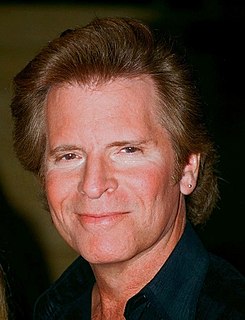A Quote by Stephen Colbert
Foreign newspapers: if they've got nothing to hide, how come they don't print them in English?
Related Quotes
Newspapers are technologically obsolete. In the days of instant electronic communications, its crazy to have to print these newspapers at a central plant and deliver them by truck. They're the biggest problem with our solid-waste disposal. And the news you get is a day old. You can get it off the Internet instantaneously for a fraction of the cost.
[The web] is going to end up being a tremendous advantage, providing we can work out the financial structure. I think we’ll see newspapers survive, being printed at home... Or you’ll have a local print shop, so that rather than waiting for the newspapers to arrive by truck, which is 30 percent at least of a newspaper’s cost, you’ll go in and push a button, and it will take your dollar bills without anyone having to be there. And it will print the newspaper for you while you wait. It will take seven minutes. There’s a terrific future for print in my view and it gives me great heart.
Distinguish between the work and the job title. When I was leaving school in the early 1970s, many people wanted to be journalists, carrying out investigative reporting for print newspapers. Print newspapers may not exist in twenty years. But good thinking and good writing about issues that need to be reported and investigated will always be needed; but where this happens, what it is called, and who pays for it may be quite different than could have been envisioned by the great journalists of the past.
I read everything I could find in English - Twain, Henry James, Hemingway, really everything. And then after a while I started writing shorter pieces in English, and one of them got published in a literary magazine and that's how it got started. After that, graduate school didn't seem very important.
One of my favorite tricks was taking a page and having the first student translate it from English into whatever language he or she was working on, and the next one would translate it back into English and then into the foreign language, and we'd go around the room and compare the two English versions at the end, and it would be amazing how much survived.
His scowl returned. "Why, if they're supposed to be Greek, are all of them speaking with an English accent?" She laughed. "Didn't you know that British is, like, the universal 'foreign' language in Hollywood? They use it in any movie where they want to have a foreign feel to it, regardless of where it's set

































